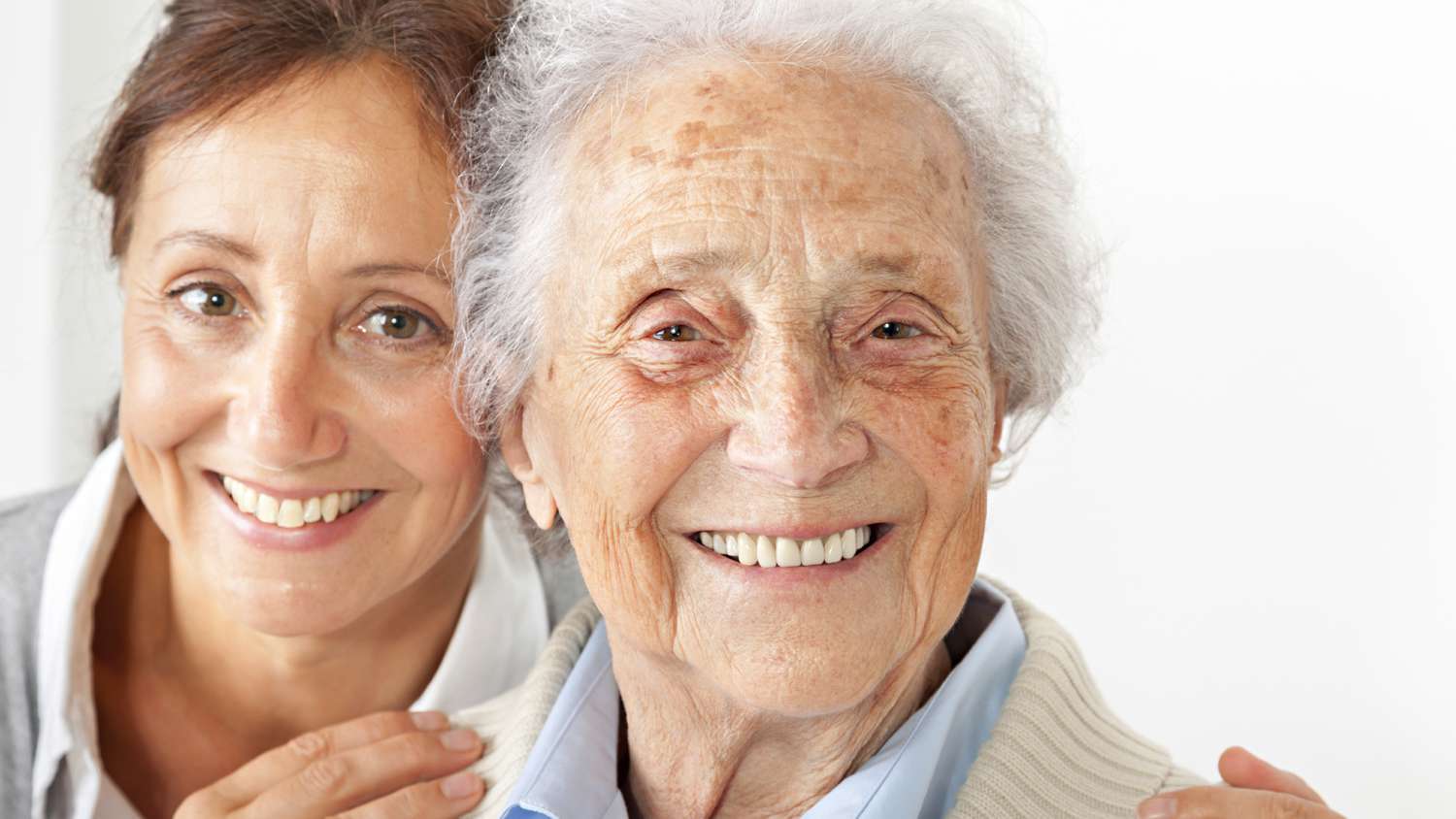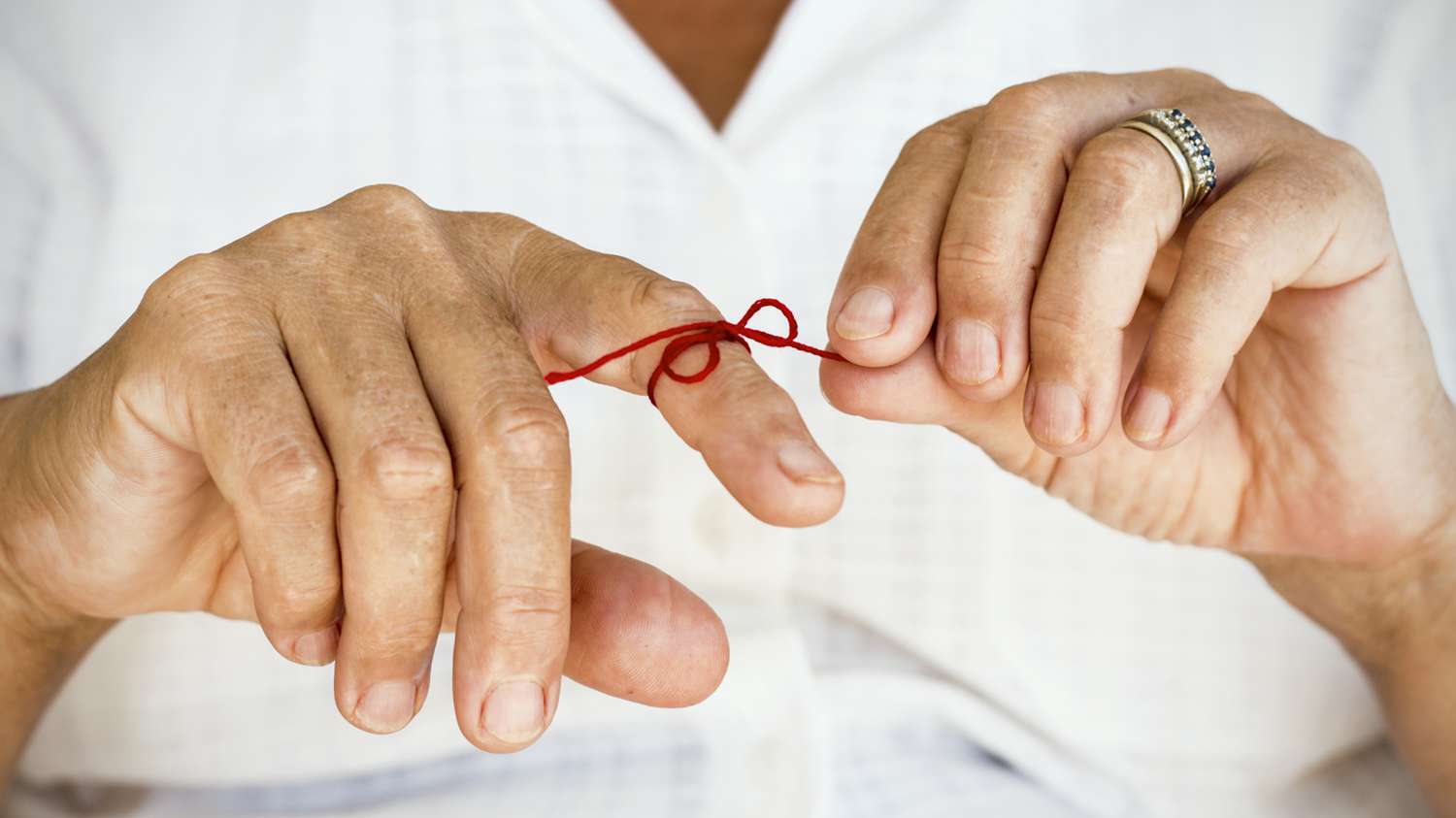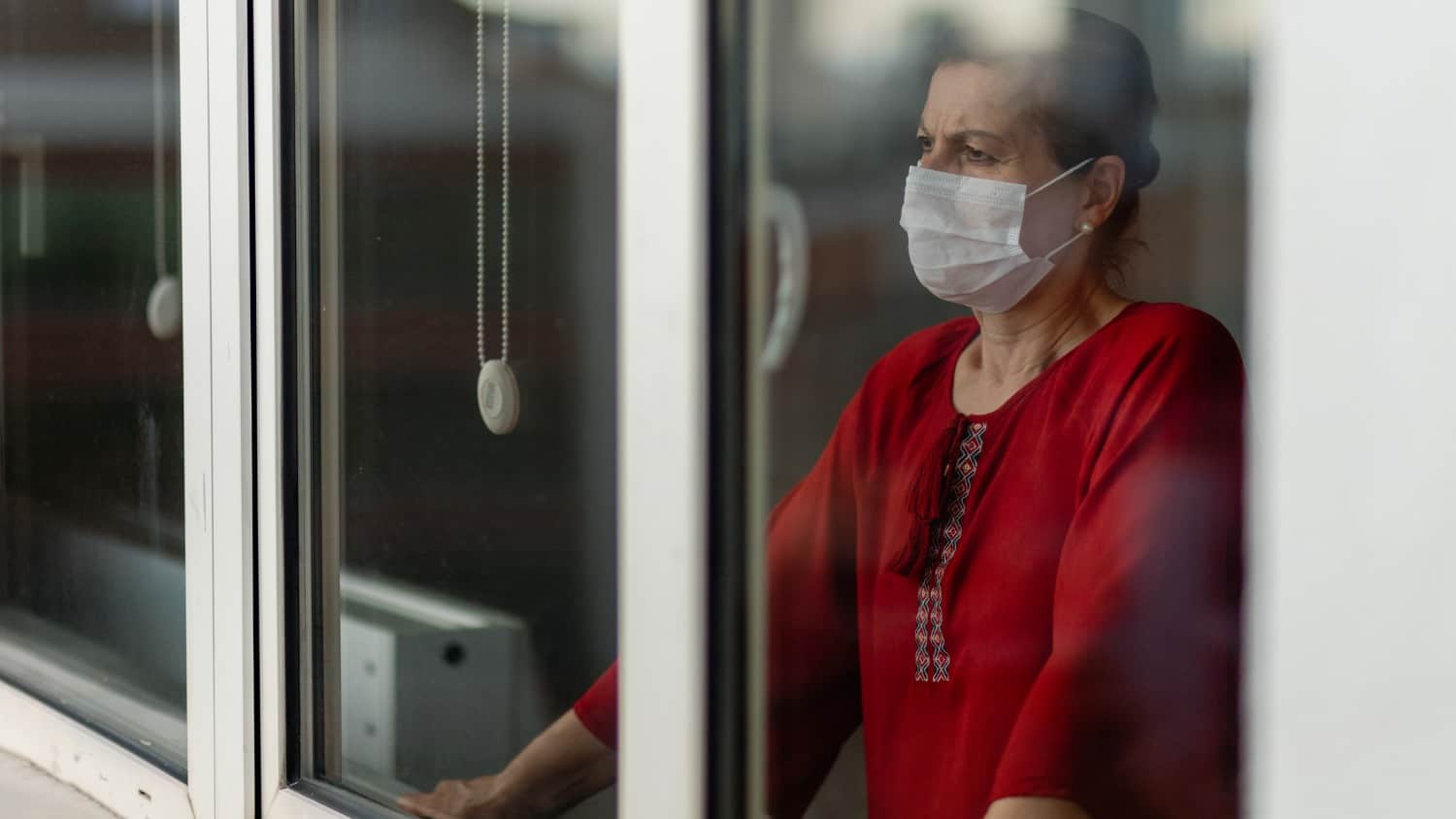
How Hospice Care Can Provide a More Positive End of Life Experience (Video)
It is a somber moment when someone mentions that a friend or family member has gone into hospice care. After all, hospices have a bit of a dark and dreary reputation.
Now, a group in the U.K. is trying to shed new light on palliative and hospice care. This group, the National Council for Palliative Care (NCPC), wants to share the positive impact that hospices can have on the lives of patients – and their families – in their final days.
In my interview with Claire Henry, head of the NCPC, I discussed how hospice care has changed over the years and what is next for these important institutions.
I hope that you find our conversation useful.
My Personal Experience with Hospice Care
30 years ago, I had the honor of working with Dr. Elisabeth Kubler Ross. Elisabeth was the author of “On Death and Dying,” a ground-breaking book, which introduced the world to the “stages of death.” Her insights opened the hearts and minds of medical professionals and gave patients hope.
Elisabeth was more than just an inspirational author to me. She was a mentor and a good friend. It’s no exaggeration to say that she changed the course of my life.
As a result of my work with Elisabeth, I was asked to write a book about the hospice movement. Through my research, I discovered that there were very few hospices in the U.S. and only a handful in the U.K.
I wrote about the history of the movement and shared my personal experience with my mother’s death.
What is the Hospice Movement Like Today?
Since I wrote my book, the hospice movement has grown significantly. Hospices have evolved into places where families are invited and patients are given a positive end of life experience. Does the movement still have room for improvement? Of course! But, the intention is clear.
During my interview with Claire, I gained a new perspective into the contemporary hospice movement. Claire explained that every hospice experience is unique. Everyone involved in the process, including family, friends, patients, care workers, nurses and doctors are encouraged to talk.
As she explains, the greatest key to a positive end of life experience is honesty. This attribute facilitates authentic conversations, which are critical to helping everyone deal with a difficult situation.
If you are trying to help a friend or family member with a terminal illness, here are a few words of advice from Claire.
Find Out What Your Loved One Wants
Ask your friend or family member how they want to be treated. If a particular desire cannot be met, do you best to come up with an alternative.
Hospice care can take place at home or at a care facility. Either way, the most important thing is to provide a safe place for families to get involved.
If you know that a family member is going to need hospice care, ask them about their preferences. Do they want a shower or a bath? What kind of food do they want to eat? Would they prefer to wear pajamas or a nightgown? Do they want to play board games or watch TV?
These questions seam simple, but, they are the basis of a positive end of life experience.
Be Aware of Your Fears
The hospice experience can be more positive if you learn what to say to your dying loved one. For example, instead of saying “I know how you feel,” try asking “What’s on your mind today.”
Of course, everyone is different, but, in most cases, it’s best to talk less and listen more.
Whatever you do, don’t bury your fears. I’ve known people who are so afraid of saying the wrong thing that they stay away from their dying friend. These people usually end up regretting their decision not to get involved for decades to come.
Don’t be afraid to reach out for help. The hospice staff is there to help.
Understand the Stages of Dying
Dealing with death is an emotional experience. This is true for the patient and it is true for her family and friends.
Patients go through the stages of dying that Dr. Elisabeth Kubler-Ross outlined in her workshops. These shares include denial, isolation, anger, bargaining, depression and, finally, acceptance.
Death is a difficult transition for the entire family. Hospices can’t make the pain of losing a loved one go away. That said, they can help to make the process easier for everyone involve. At the end of the day, this is what hospice care is all about – making the final days of a patient’s life as comfortable as possible.
Has someone close to you used hospice care? What was their experience? Do you agree that hospices have an important role to place in improving the lives of terminally ill patients? Please join the conversation.






